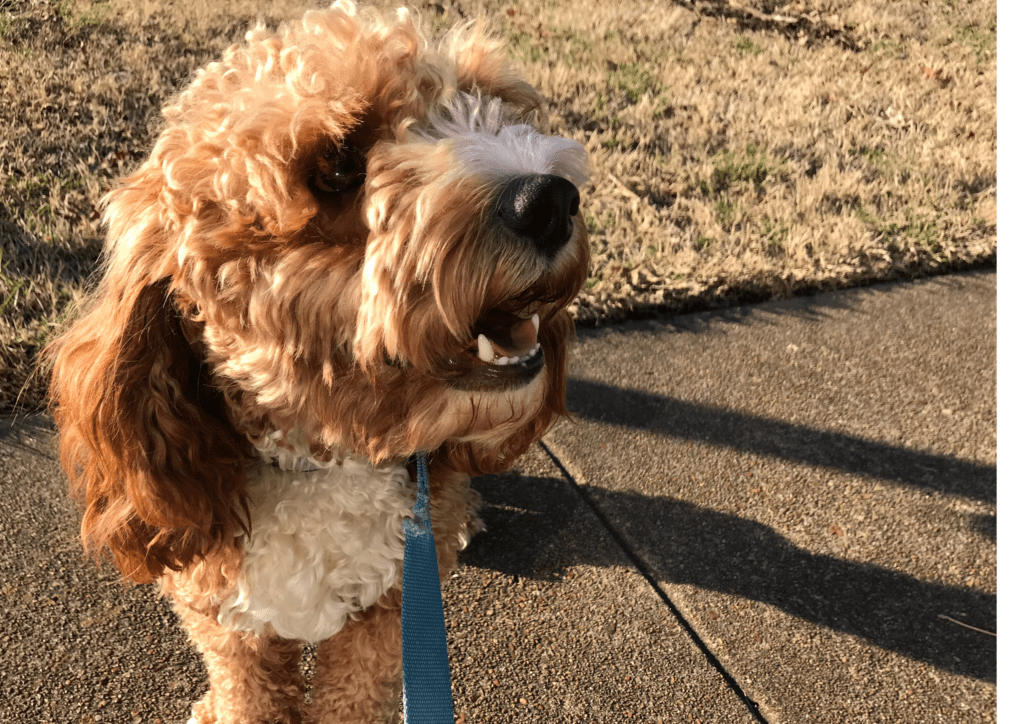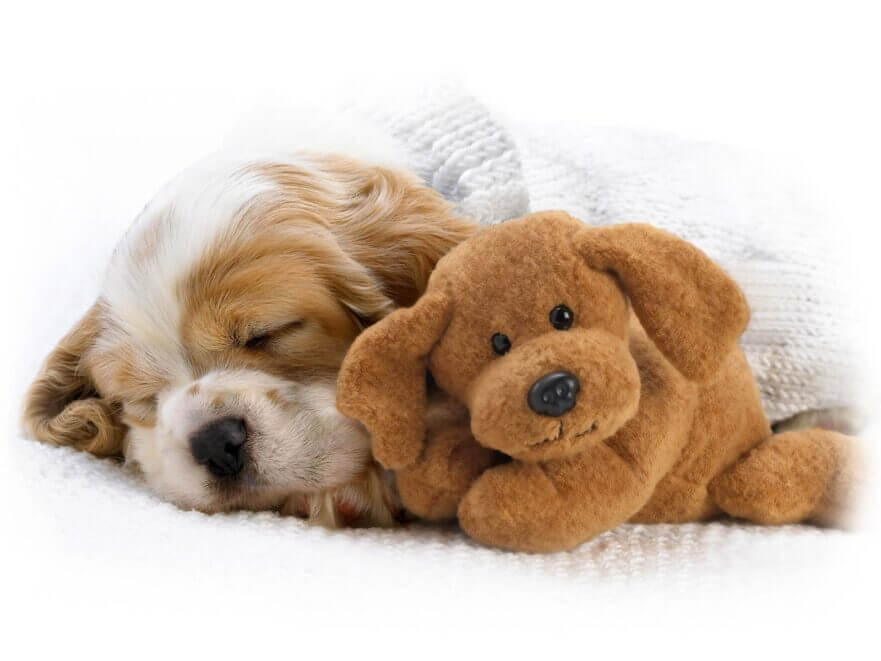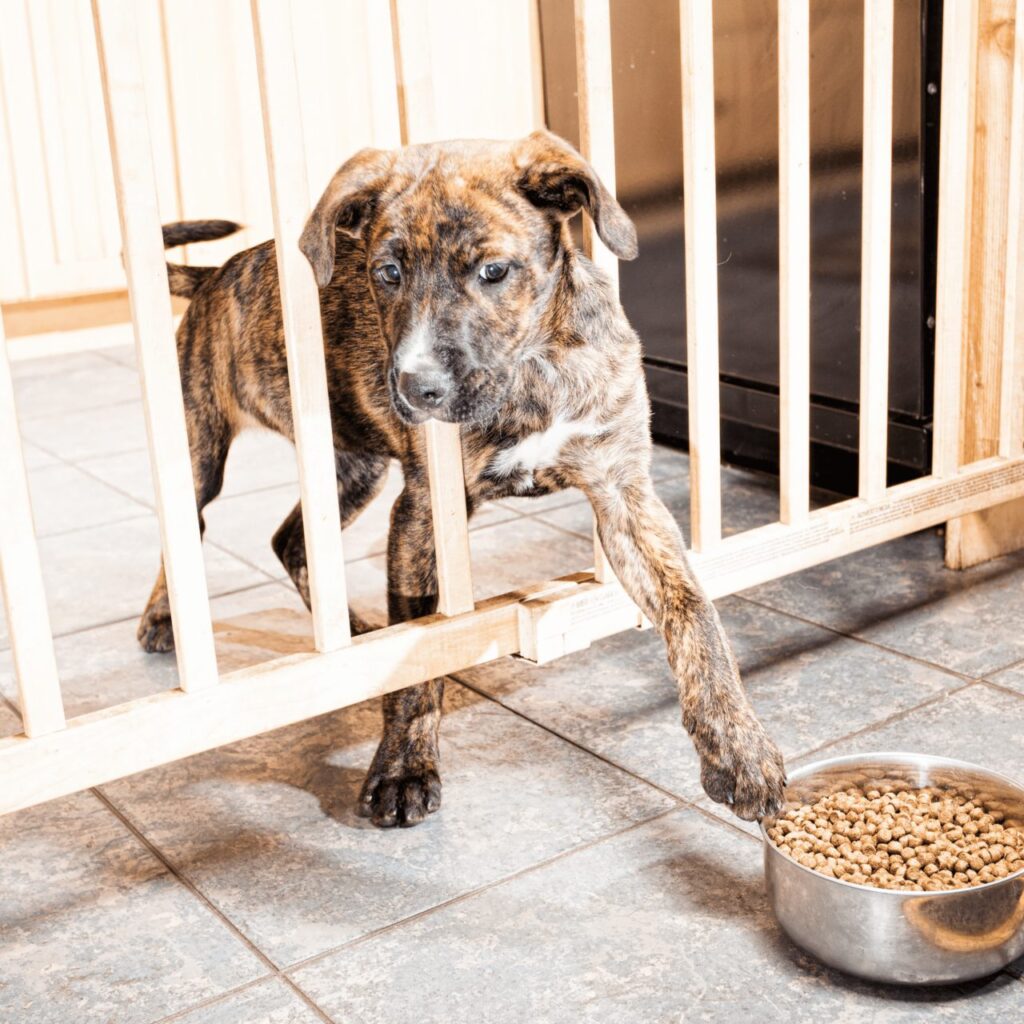
FREE Help I've Got A New Puppy Survival Guide
Sign up to our mailing list and we will give you all you need to know on making your first 7 days count. Includes sleep, feeding, toilet training, chewing and much more!
Recent posts
Blog categories
Search the blog
5 reasons why your new puppy has loose poo
Posted on 4th January 2024

I see lots of advice being given on social media about puppies having loose poo. Generally it goes along the lines of changing the food, trying no chicken and no grain.
Whilst this may have "worked" for one dog, taking generic advice can be dangerous for new puppies. They can lose water and become sick very quickly. Puppies do not develop food allergies in the two weeks since they left the breeder. It's common sense!
Always talk to your vet about changes in poo consistency. However, here are the most common reasons for a change in toilet habits.
Stress
The transition from breeder to new home is stressful for puppies no matter how robust they are. A change in environment, trips in the car, seeing the vet, being handled, left on their own and all the other changes, will all effect the gut in terms of stress.
For many of us, stress is seen in our guts. We may experience loss of appetite, increased appetite, looser stools, tummy ache and more. It's the same for our dogs.
Ask your breeder to add in some probiotics in the couple of days before your puppy leaves to protect their gut health and continue this for a couple of days after you get them home.
Reduce stress by keeping things quiet for the first seven days after they arrive, minimise visitors and prioritise sleep, toilet training, bonding and creating a routine and schedule.
Food hygiene
Changes in the way you prepare food and food hygiene is of vital importance when you bring your puppy home.
Bugs can easily be added through cross contamination. Food starts to oxidise (go off) when left exposed to the air.
Stick to the normal rules:
- wash your hands before and after food prep
- wash bowls including water bowls in hot water at least twice a day
- do not leave food down
- store food in an air tight container
- do not use food after recommended time even if there is some left
Food changes
Your breeder should have sent you home with enough food to last a couple of weeks. Changes in food are not recommended as this stresses the guts and makes loose poo much more likely.
Any food change should be undertaken over at least seven days by adding gradually.
Water
We don't really think about water as being a problem but there can be big variations in water supply in different parts of a country.
Water can also be easily contaminated especially if next to food bowls.
Wash water bowls in hot water at least twice a day and replace water regularly over the day.
Please make sure your puppy has access to fresh water over night. Never limit water for toilet training.
Try to prevent your new puppy drinking from puddles, rain water and outside water sources.
Bugs, worms and parasites
Puppies are susceptible to infections and bugs especially during the transition from breeder to new home due to increased stress.
Worms are a common cause of loose poos. You will see small white flecks in the poo if you look closely. Make sure your puppy has been wormed before leaving the breeder and you know the schedule for follow up treatment.
Infections such as parvovirus and leptospirosis can be fatal. This is why we vaccinate young puppies. Make sure you know the schedule before you pick your puppy up from the breeder.
Giardia is becoming much more common and problematic in young puppies. It is a parasite which lives in the gut and eats into the gut lining causing watery, foul smelling diarrhoea. It can lie dormant and can be passed onto people.
Giardia needs to be treated and can often need more than one course of treatment.
Your puppy will be hungry but not want to eat, difficult to settle, very bitey and scavenging for food stuffs.
Giardia can be exacerbated by stress.
Diarrhoea - loose, watery poo is not normal in puppies. Please see your vet if there are any changes.
Do not change food or eliminate anything until you have expert advice.
Let's keep your puppies healthy and fit!
Email: clair@talktothepaw.io | Mobile: 07969 036789 | Privacy Policy



